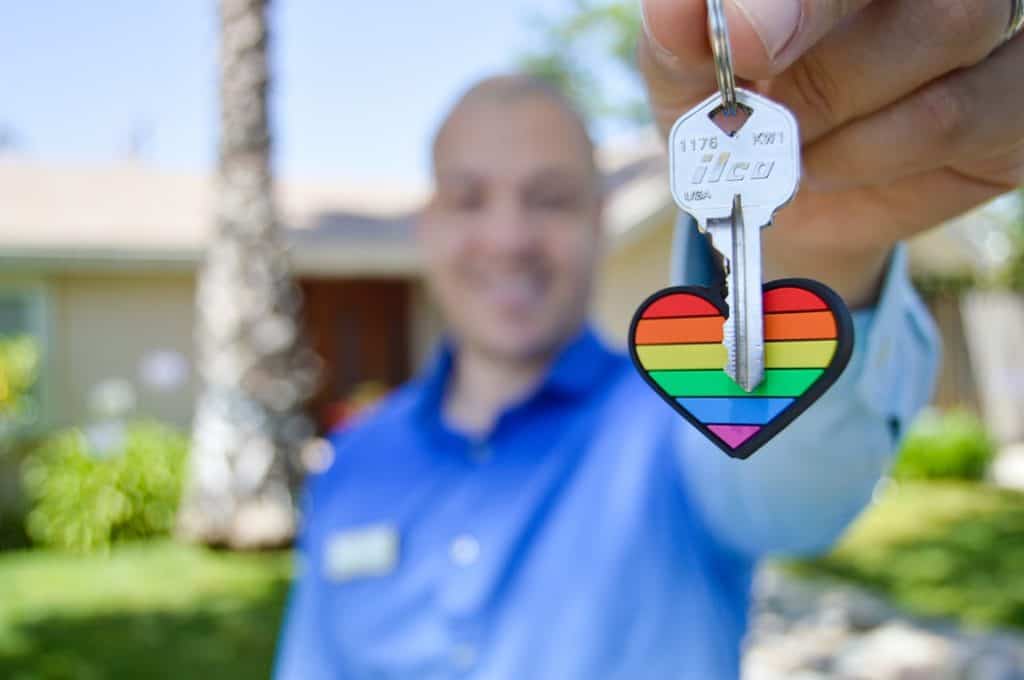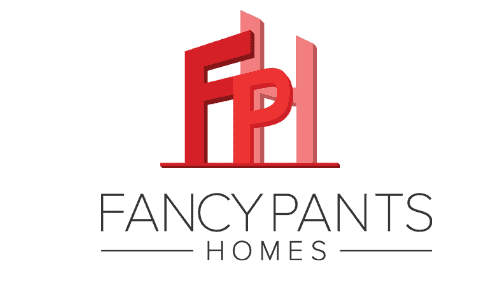When you are in the process of moving, the process of buying your new home and selling your old one usually involves choosing which one comes first—to buy or to sell.
Selling your old home first is often a more sensible option, as this ensures you have the needed down payment to cover your new property.
But if you sell and don’t have a new home waiting for you, you might end up scrambling for a place to stay and someplace to store your belongings. For a family with kids or with pets, that can be especially inconvenient.
Buying before selling is an alternative, but when market demand is low and you can’t sell your old home quickly, you might end up with a lot more obligations than you can handle. You now have two homes to maintain and two mortgages to pay. If you’re on a tight budget, this could put you in hot water.
What if you decide to buy and sell at the same time?
This strategy can work well if you have reserves or some investments to sell to come up with the needed amounts to buy your new home if that occurs before your sell your old one. But if you’re someone who doesn’t have a lot of extra cash to spare, you need to develop some ideas to push through.
Selling and buying simultaneously will require some ingenuity on your part as this strategy calls for thoughtful planning to time your sales and purchases. While you may not control the entire housing market, there are steps you can take to make sure you pull off both transactions.
We’ll fill you in on some of the options to make sure you succeed in selling your current property and seal the deal to your new home at the same time. We’ll also cover some contingencies just in case you encounter a gap between selling and buying so that you won’t end up homeless at the very least.
Options for Buying and Selling at the Same Time

As mentioned, there are several options you can explore when you plan to buy and sell at the same time. These alternatives can help you manage not only the buying-while-selling process, but it can also keep your stress levels at a minimum.
#1 Find a Cash Buyer for Your Home
Selling your house requires exact timing and demand from the market.
Some markets, like the Florida housing market, are quite in demand right now, but others may not be, so plan out your timeline accordingly and take that extra time you may need to sell into account.
You can sell your house fast in areas with high demand if you partner with an instant home buyer or a real estate investment company that offers to pay in cash rather than waiting for buyers to have their mortgages approved.
This way, selling your house gives you the needed resources to fund your next move when you’ve already closed the deal. If ever you’re still looking, accessible funds ensure you can find temporary arrangements until you’re ready to find a new home.
#2 Talk to a Lender
In case market demands are low and you can’t sell your house quickly, you would need to consider if owning two homes are feasible for your budget. While cash reserves can get you as far as a few months of the double mortgage, you may need to sell a few of your assets to maintain both properties.
If you find your savings or income insufficient, you can consider talking to a lender to generate some funding. They can provide you with several loan offers that use your home’s equity as a down payment for your purchase.

One of them is a bridging loan, short-term financing that can work great when you’ve already chosen your new property and acquiring it is in the works.
You can even add a contingency clause that your purchase will only go through if your bridging loan gets approved so you can walk away without any additional obligations.
Another option is to take out a home equity line of credit (HELOC) that gives you greater flexibility to repay only the amount you use for buying your home. A HELOC uses your home’s equity as a basis to issue amounts you can use based on agreed terms that will help you get by until you sell your former home.
However, while these loans can give you access to immediate funds, they often come with considerable interests and lengths. It would be best to give it some careful thought before you take out any of these loans
#3 Make Attractive Offers
Part of a successful strategy is to make attractive offers for the home that you want and the one you’re selling.
Contingency offers help secure your intentions without you having to pay for unnecessary obligations. You can include a condition for the upcoming purchase if your current house sells.
Don’t miss these trending stories
- What happened to Michael Jackson’s house, Neverland Ranch?
- Michael Jordan’s house is still on the market, 10 years later
- Most Expensive Celebrity Homes in Recent History: Top 10 Priciest Pads
This can work to your advantage when you’re in a buyer’s market. It can also work if there is less demand for the home you desire.
While having a contingency clause may at times weaken your offer, you counter this by offering a higher bid so the seller can wait until you’ve sold your house. You can even add in non-refundable earnest money to win the deal on your next dream home.
#4 Make Gaps Work to Your Advantage
Sometimes circumstances do not work as planned but don’t get disheartened. These are just momentary setbacks that may even give you time to improve your current home and increase its current market value.
If you find yourself in your new home and stressing about how to manage the former, you can consider renting it out to cover maintenance and mortgage costs.
You can use Airbnb and other similar platforms to gain additional income from your property while the market is on a low. Once the conditions are right, you can sell your house for the price you want.
If you take out a home equity loan, you can use it to renovate your old home and increase your home value. Some key features to spend on that have high ROIs include enhancing your curb appeal, taking care of house repairs early on, and updating your kitchen to give it a modern look.
Spending considerable time and effort on your former property will surely enhance its chances of getting sold in the coming days.

Conclusion
Selling and buying are some of the less-traveled paths for homeowners because of their inherent risks. Taking on two mortgages when you do not have sufficient funds can be too much to handle, and taking out loans can add stress.
You can make this strategy work to your advantage if you find the right tools to help you pull off both transactions simultaneously.
Partnering with an instant house buyer can give you cash for your next purchase, while loans can provide you enough leeway to facilitate your move.
Adding contingency offers allows you to address gaps as they happen without having to take on additional burdens or leaving you homeless at the very least.
Keep reading
Do You Pay Taxes When Selling Your House?
Great Ways to Increase the Value of Your Home: the 3 Areas with the Biggest ROI
Considering Buying a Home with a Crawl Space? Here’s What You Need to Know
Common Mistakes Homeowners Make When Refinancing Their Mortgages




